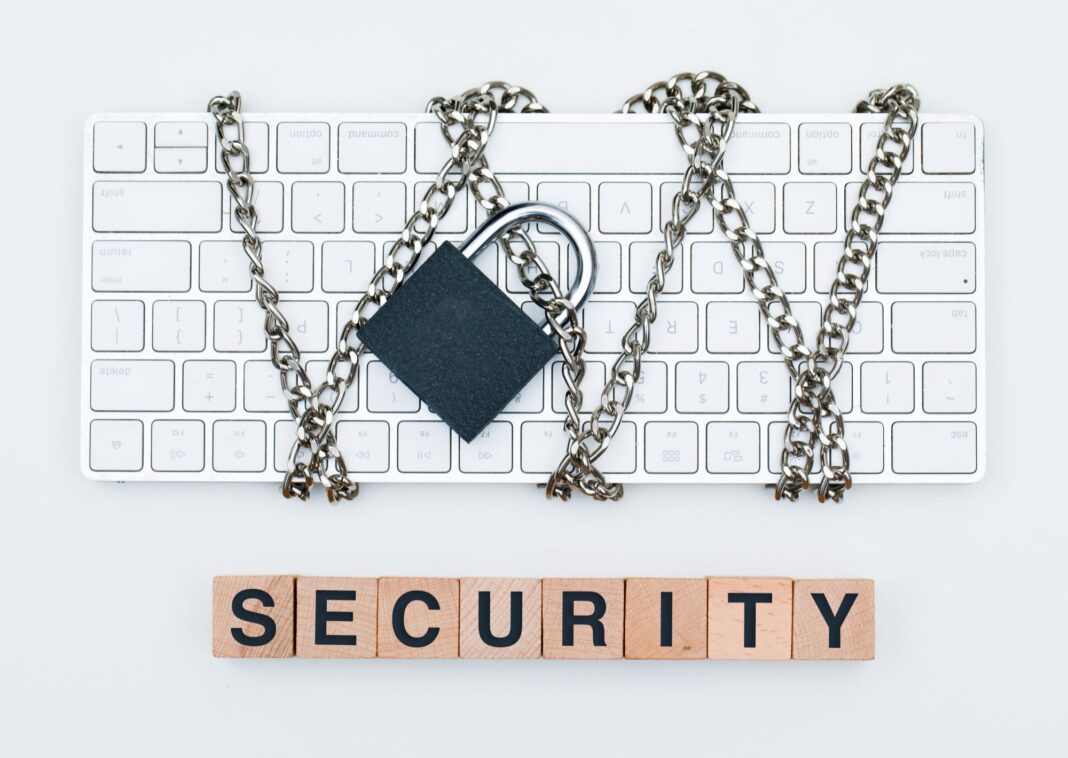Blockchain technology provides inherent security features, but it is not immune to cybersecurity risks. Protecting distributed ledger systems requires addressing various vulnerabilities and implementing robust security measures. Here are some key considerations for enhancing cybersecurity in blockchain:
-
Consensus Protocol Security: The consensus protocol used in a blockchain network, such as Proof of Work (PoW) or Proof of Stake (PoS), should be designed to resist attacks and ensure the integrity of the blockchain. Properly implementing and configuring the consensus protocol is essential to prevent attacks like 51% attacks or double-spending.
-
Secure Network Communication: Ensuring secure communication between nodes in the blockchain network is crucial. Implementing encryption and secure communication protocols, such as Transport Layer Security (TLS), helps protect data transmitted over the network and prevents eavesdropping or tampering.
-
Secure Smart Contracts: Smart contracts are executable pieces of code on the blockchain and can be vulnerable to security flaws. Thoroughly auditing smart contracts for vulnerabilities, following secure coding practices, and conducting formal verification can help identify and mitigate potential security risks.
-
Identity and Access Management: Implementing strong identity and access management mechanisms is essential to prevent unauthorized access and maintain the integrity of the blockchain network. This can include multi-factor authentication, secure key management, and access controls to ensure only authorized entities can participate in the network.
-
Node Security: Protecting individual nodes from attacks is critical for maintaining the security of the blockchain network. Regular security updates, secure configuration settings, and robust firewalls can help prevent unauthorized access and mitigate common vulnerabilities.
-
Immutable Audit Trail: Blockchain’s immutability provides a reliable audit trail of transactions and activities. Leveraging this feature for security monitoring and auditing can help identify and investigate suspicious or malicious activities within the blockchain network.
-
Penetration Testing and Vulnerability Assessments: Regularly conducting penetration testing and vulnerability assessments on the blockchain network can help identify and address security weaknesses. These assessments should cover all components of the blockchain ecosystem, including nodes, smart contracts, and network infrastructure.
-
DDoS Protection: Distributed Denial of Service (DDoS) attacks can disrupt blockchain networks by overwhelming them with a high volume of traffic. Implementing DDoS protection measures, such as rate limiting, traffic filtering, or utilizing DDoS protection services, can help mitigate the impact of such attacks.
-
Regular Updates and Patches: Keeping the blockchain software and associated infrastructure up to date with the latest security patches and updates is crucial for addressing known vulnerabilities and protecting against emerging threats.
-
Security Awareness and Training: Educating users and stakeholders about cybersecurity best practices and promoting security awareness is essential. Regular training sessions, guidelines for secure usage, and promoting a culture of security can help mitigate risks associated with human error and social engineering attacks.
-
Incident Response and Recovery: Having a well-defined incident response plan in place is crucial for quickly responding to security incidents or breaches. This includes procedures for detecting, containing, and recovering from security breaches, as well as communicating with relevant stakeholders and regulators.
Addressing cybersecurity risks in blockchain requires a multi-layered approach, combining technical measures, best practices, and proactive security strategies. Collaborative efforts among blockchain developers, cybersecurity experts, and the blockchain community as a whole are vital to continuously enhance the security of distributed ledger systems.








